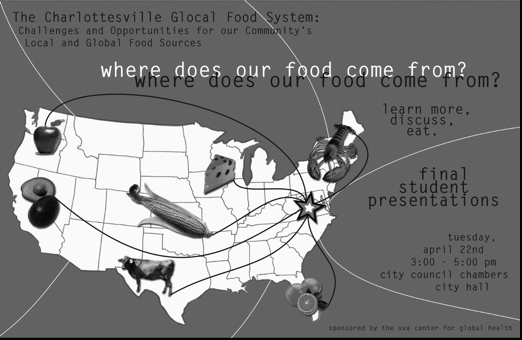 What are the true costs of buying food from around the globe? How much food can we grow close to home? Is it enough to support us and can we afford it?
What are the true costs of buying food from around the globe? How much food can we grow close to home? Is it enough to support us and can we afford it?
These and other questions inspired a UVA class to conduct assessments of Charlottesville’s glocal (global + local) food system.
The class, consisting of both graduate and undergraduate students, is titled “Healthy Communities, Healthy Food Systems (Part III): Global-Local Connections” and is taught by Timothy Beatley, Teresa Heinz Professor of Sustainable Communities, Department of Urban and Environmental Planning, and Tanya Denckla Cobb, Senior Associate, Institute for Environmental Negotiation. Sponsored by UVa’s Center for Global Health, and designed for planning students, the class has drawn students from numerous disciplines.
The UVA class assessments are the next step in a longer-term community project to foster better links between local farms and community schools and organizations, food stores, restaurants and residents. Nine class teams have analyzed food-related entities in Charlottesville: farms, families, grocery stores, restaurants and community organizations. Each group examined local and global inputs, searched for potential local sources and identified methods to improve connectivity within local or global food systems. At this presentation, they look forward to sharing their findings.
(write up and timeline provided by Regine Kennedy)
Timeline
- 0:00 Podcast Introduction
- 0:46 Project Introduction by Professor Tim Beatley and Tanya Denckla Cobb
Describing the local and global context of food systems and the scope of the course project presentations. - 6:44 Project: Wild Oats Farm presented by Nick Feucht and Nicolette Leung
Understanding the challenges of managing land organically, observing conservation practices, while raising natural meat products for niche markets. - 16:37 Project: Roundabout Farm presented by Jenny Jackson and Elaine Quick
Profiling a small, sustainably managed, independent farm’s primary inputs from a geographic and sourcing perspective. - 21:10 Project: Feast! presented by Fania Gordon and Meg Johnstone
Creating a Best Practices Guide based on the successful example of a gourmet food store that supports the local system. - 27:48 Project: Blue Moon Diner presented by Esther Diehl and Sara Teaster
Assessing the viability of using locally sourced foods at a local, moderately priced restaurant. - 36:11 Project: Chipotle presented by Jonathan Coble, Alexandra Rosas and Clarice Newton Zusky
Analyzing local food options for a national food chain and its impact on our community food system. - 43:24 Project: University of Virginia Dining Services presented by Linda Bartusiak and Laura Sparks
Looking at what we feed ourselves and how far we have come: Reviewing Newcomb Dining Hall food offerings. - 49:56 Project: Jefferson Area Board for Aging presented by Megan Bucknum and Regine Kennedy
Understanding the challenges of providing locally grown food to a specialized population. - 58:35 Project: Blue Ridge Area Food Bank presented by Ben Chrisinger and Lauren Short
Assessing the potential for including local food in a food bank’s distribution system. - 1:08:10 Project: Harold Folley and the Folley Family presented by Jennifer Feigert and Thomas Roberts
Working to understand factors that influence food-purchasing decisions for a family living in Charlottesville’s public housing projects. - 1:14:25 Q & A / Community discussion
2:00:35 End of program
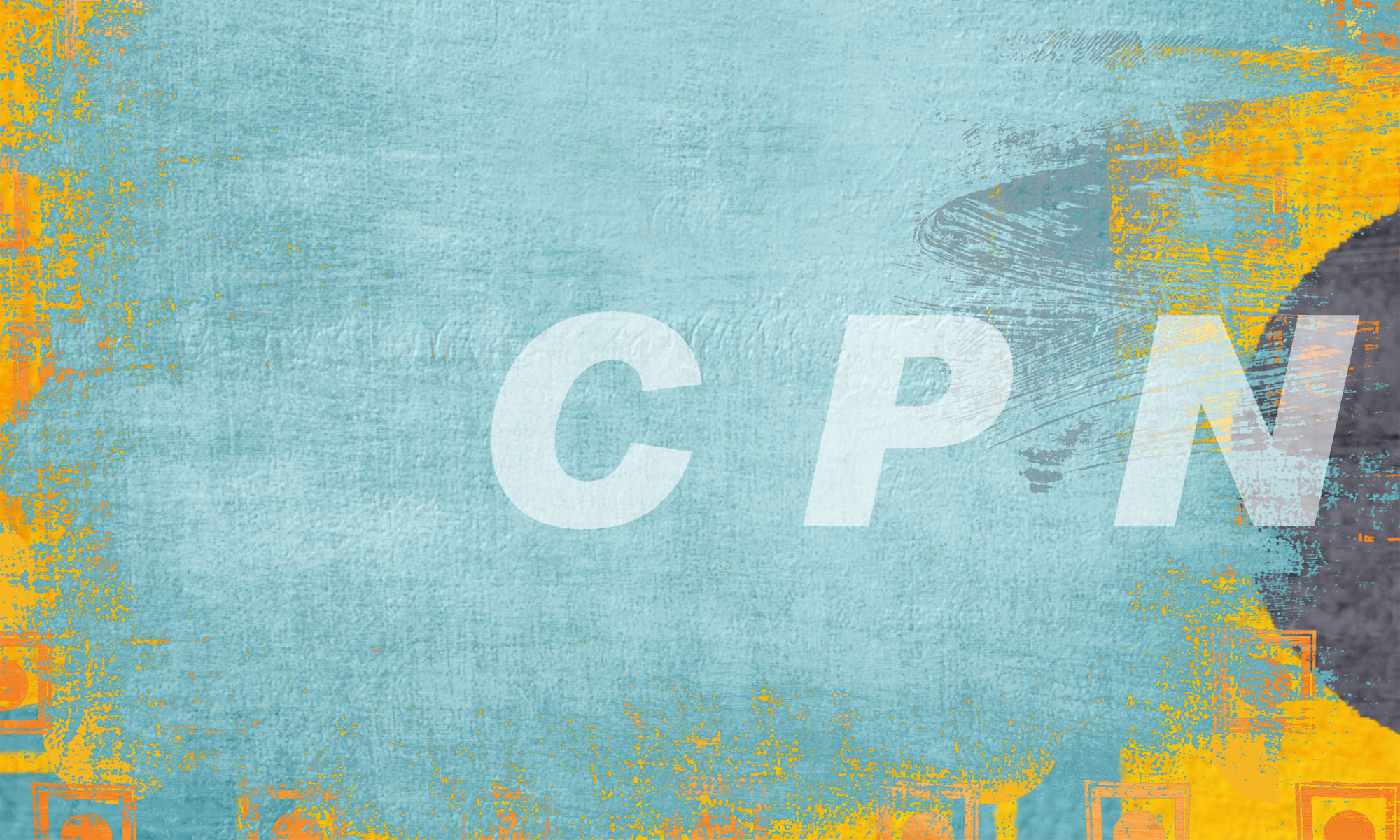
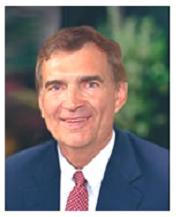
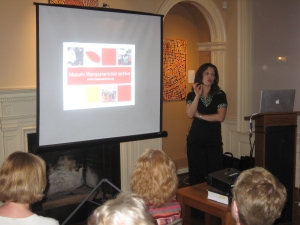 On April 25th, 2008, Kimberly Christen, Assistant Professor in Comparative Ethnic Studies at Washington State University, gave a lecture entitled A Safe Keeping Place: Shifting Museum Spaces and Embedded Aboriginal Cultural Protocols. She discussed her work in developing cultural protocols to protect sacred and sensitive information while creating a community digital archive in collaboration with the Warumungu community in Tennant Creek, Northern Territories. The archive, called Mukurtu, contains thousands of photographs, recordings and other historical documents from this community in central Australia. Much of the material was supplied by missionaries, museums and even local cattle stations. A demonstration of the Mukurta archive can be seen online at
On April 25th, 2008, Kimberly Christen, Assistant Professor in Comparative Ethnic Studies at Washington State University, gave a lecture entitled A Safe Keeping Place: Shifting Museum Spaces and Embedded Aboriginal Cultural Protocols. She discussed her work in developing cultural protocols to protect sacred and sensitive information while creating a community digital archive in collaboration with the Warumungu community in Tennant Creek, Northern Territories. The archive, called Mukurtu, contains thousands of photographs, recordings and other historical documents from this community in central Australia. Much of the material was supplied by missionaries, museums and even local cattle stations. A demonstration of the Mukurta archive can be seen online at 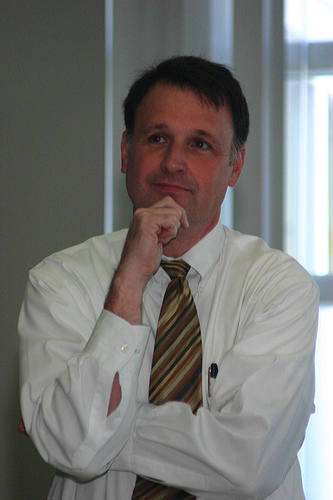 On Saturday, April 19th, Senator Creigh Deeds addressed a small crowd at the Charlottesville-Albemarle Democratic Breakfast, and reviewed the recent General Assembly, the one-day veto session scheduled for April 23rd, as well as a possible special session on transportation. Deeds is in his 17th year in the legislature, and has announced he will seek the Democratic nomination in next year’s race to succeed Tim Kaine as Virginia’s Governor. Deeds began his talk by saying that the legislative process can be frustrating.
On Saturday, April 19th, Senator Creigh Deeds addressed a small crowd at the Charlottesville-Albemarle Democratic Breakfast, and reviewed the recent General Assembly, the one-day veto session scheduled for April 23rd, as well as a possible special session on transportation. Deeds is in his 17th year in the legislature, and has announced he will seek the Democratic nomination in next year’s race to succeed Tim Kaine as Virginia’s Governor. Deeds began his talk by saying that the legislative process can be frustrating.
 S. Paul Klein developed his talent for creating images out of words in a career as a radio performer and a filmmaker. Now he has entered the literary world with a new novel,
S. Paul Klein developed his talent for creating images out of words in a career as a radio performer and a filmmaker. Now he has entered the literary world with a new novel, 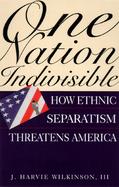
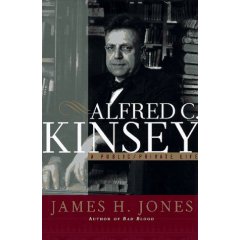 On April 11, 2008, the
On April 11, 2008, the  On Friday, April 11, 2008, poet Kevin McFadden spoke to a capacity audience at the
On Friday, April 11, 2008, poet Kevin McFadden spoke to a capacity audience at the